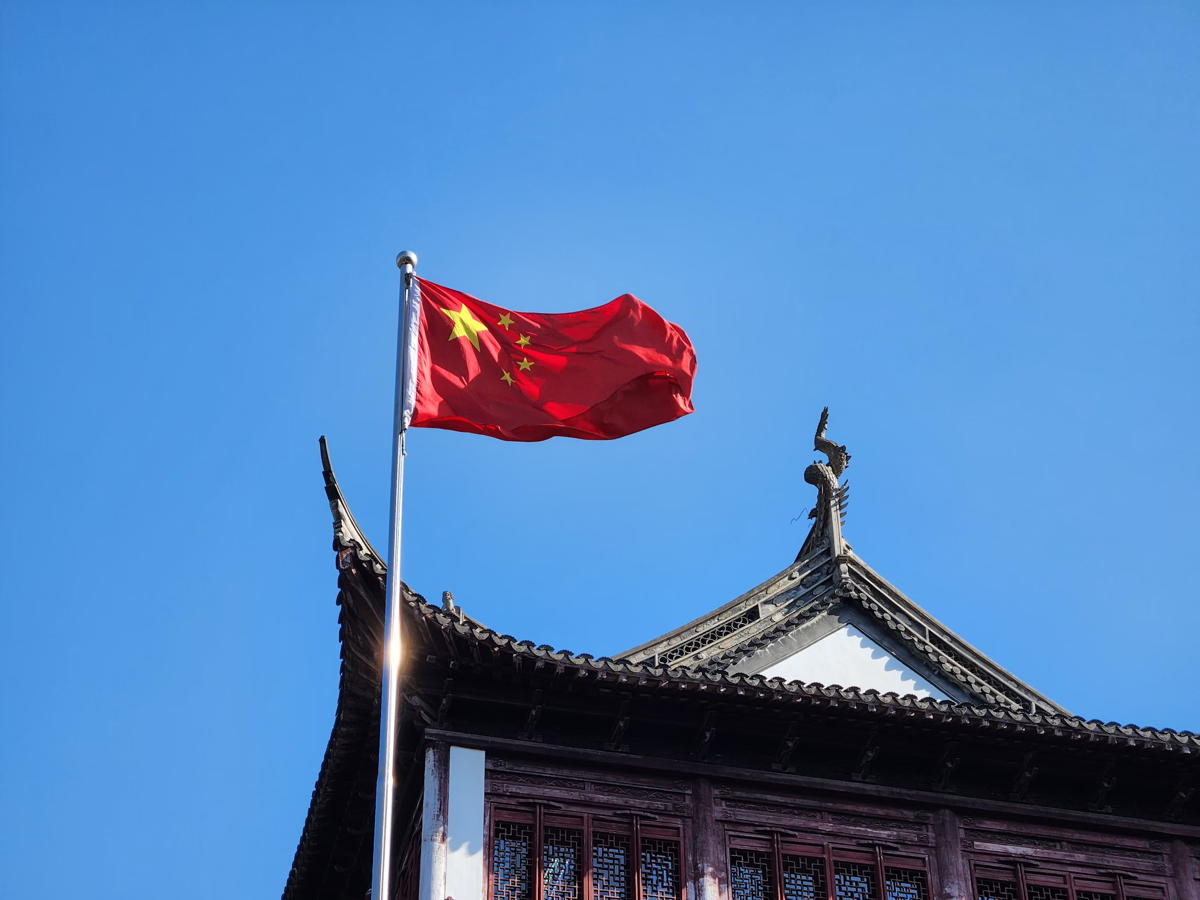Nvidia is reportedly developing a version of its recently launched Blackwell AI chip line for China that would be compatible with US export controls, as it seeks to retain sales in a key market.
The company announced its next-generation Blackwell chips in March with mass production set for later this year.
It said at the time that the Blackwell-based B200 chip was 30 times faster than the previous flagship chip at tasks such as generating answers for AI chatbots.
Nvidia is planning to work with local distributor Inspur on the launch and distribution of the tentatively named “B20” chip, Reuters reported, citing unnamed sources.

China competition
Shipments of the chip are expected to begin in the second quarter of 2025.
The offering could help Nvidia fend off competition from domestic companies including Huawei and Tencent-backed Enflame that have achieved some success with alternatives to Nvidia’s high-end products.
China accounted for 17 percent of Nivdia’s revenues in the 12 months through January following US sanctions, down from 26 percent two years earlier.
Its most advanced chip for the China market, the H20, initially experienced slow sales but sales have reportedly accelerated after it cut prices to undercut a competing part from Huawei.
Nvidia is on track to sell more than 1 million H20 chips in China this year, worth around $12 billion (£9.3bn), about double Huawei’s sales projections for its competing Ascend 910B chip, according to SemiAnalysis.
Further chip controls
But Jeffries analysts said it is “highly likely” that the H20 could be banned from sale to China when the US reviews its export controls in October.
Such a ban could occur through a “product-specific ban, lowering the computing power cap, and/or putting a cap on memory capacity”, Jeffries analysts said in a research note.
The US tightened export controls last October as it seeks to prevent China from developing rival industries in areas such as semiconductors and AI.
The US administration said to be putting pressure on allies such as Japan and the Netherlands to institute tighter export controls on chip manufacturing equipment.
If they do not do so the administration is considering implementing a 1959 law called the foreign direct product rule (FDPR) that could allow it to block the sale to China of any high-tech products made around the world that contain US technology, Bloomberg reported last week, sending chip stocks tumbling.





